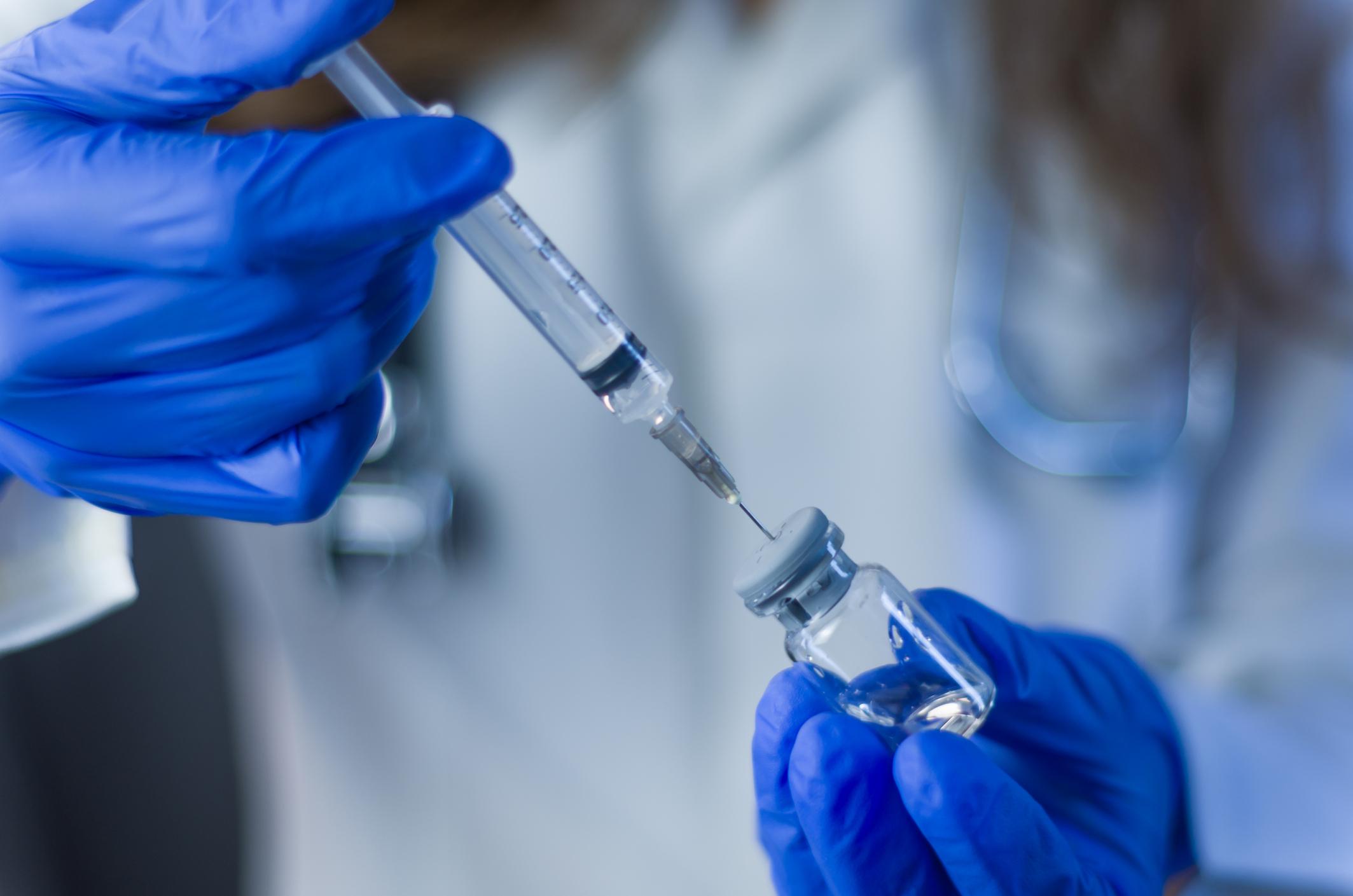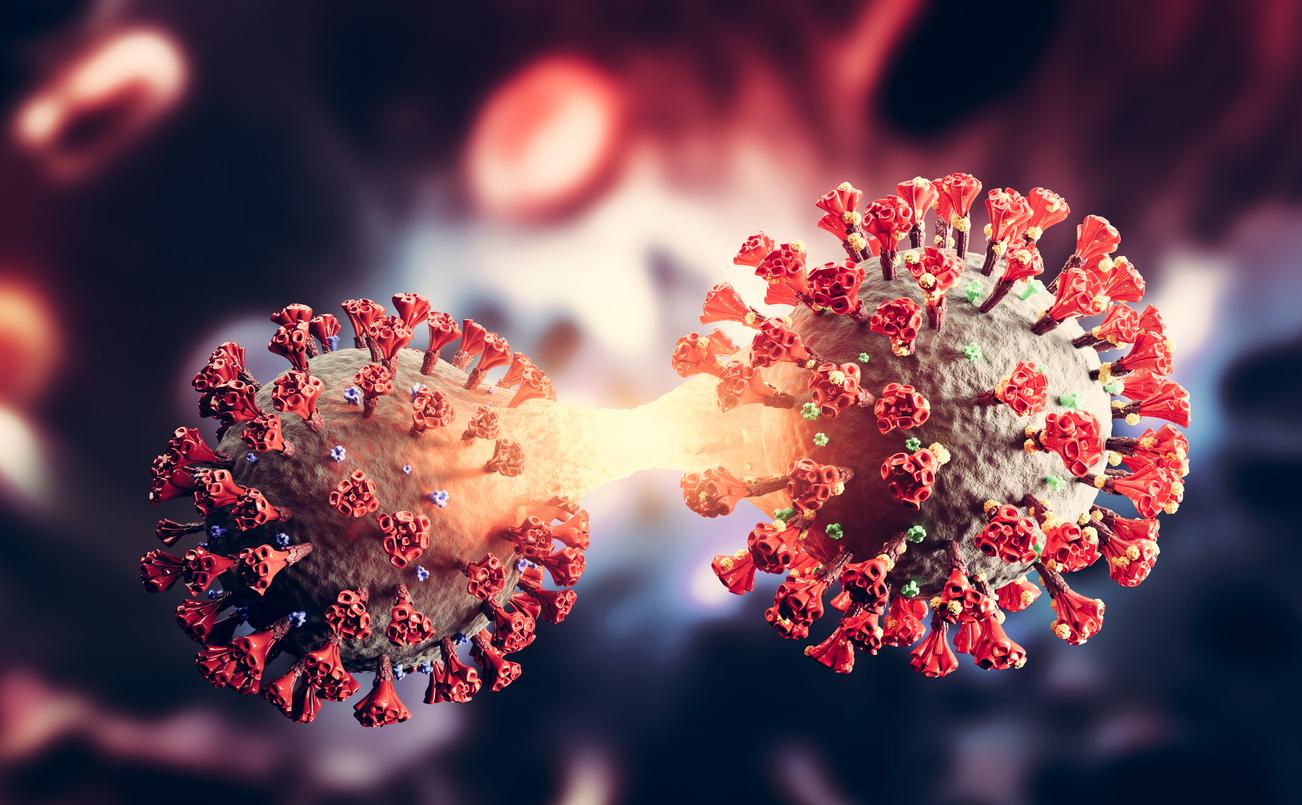White willow, turmeric, echinacea, harpagophytum … These plants are prohibited in the event of infection by the coronavirus (by decision health authorities). We wanted to understand why these starsherbal medicine are on the list of prohibited plants in the event of Covid.
THE’HANDLES (National Agency for Food, Environmental and Occupational Health Safety) in a press release published in mid-April 2020 banned the consumption ofa dozen plants (in herbal tea, mother tincture, macerate or food supplement) in the event of symptoms that may suggest Covid-19.
These plants, febrifuges, anti-inflammatory or immunomodulatory, would have the effect of ” disrupt the body’s natural defenses, which are useful in fighting infections and, in particular, against the coronavirus. They could act like non-steroidal anti-inflammatory drugs (NSAIDs) ”.
We already knew that the Ministry of Health had recommended in mid-April to do not take anti-inflammatory drugs in the event of symptoms that may suggest coronavirus.
Ibuprofen,Aspirin, Advil, Antarene, Nurofen, Spedifen and other nonsteroidal anti-inflammatory drugs have the effect of decreasing the body’s immune response, an action that could promote infection with Covid-19 and development of potentially serious complications.
The list of prohibited plants

On its list of plants prohibited in the event of Covid-19, ANSES specifically mentions 12 species, very common in herbal medicine. We find plants with anti-inflammatory properties :
- White willow,
- Meadowsweet,
- Birch bark,
- Poplar buds,
- Polygala,
- Goldenrod,
- Harpagophytum,
- Turmeric,
- Boswellia,
- Myrrhs (commiphora)
And plants with properties immunomodulatory :
- Echinacea,
- Harpagophytum (or liana of Peru).
Why this list of prohibited plants?
What is the reason for such a warning? We interviewed Dr Yann Rougier, Specialist and senior connoisseur of herbal medicine, to provide us with precise answers.

Dr Yann Rougier: When we are affected by a microbe, virus or bacteria, the priority recommendation is to let the natural resources of the body act, that is to say to let the fever rise. All the plants indicated in the list are febrifuge therefore are not indicated in such a situation.
For example, the best known is the white willow which is at the origin of one of the most famous drugs of the XXth century: aspirin. The febrifugal action of salicyline, that is to say its ability to lower fever, has been demonstrated (in 1829 by the French pharmacist Pierre-Joseph Leroux).
His research was taken up later by the German chemist Bayer who developed the synthetic version of salicylic acid, acetylsalicylic acid, i.e. aspirin of which we now consume 40,000 tonnes per year in the world!
All of these plants are useful, however, when treating painful inflammatory diseases over a prolonged period, so-called chronic diseases. It is therefore wise not to consume these plants at the onset of an infectious disease such as Covid-19, despite the fact that they can be very valuable in prevention, ie when there are no symptoms.
Indeed, in terms of phytotherapy, there is a very big difference between prevention and treatment. It is therefore justified to stop consuming febrifuge and anti-inflammatory plants or food supplements derived from these plants in the event of the onset of the disease.
A medical opinion is essential in the event of chronic disease
The health authorities have finally specified that people consuming these food supplements for preventive purposes must immediately suspend their consumption as soon as the first symptoms of Covid-19 appear. And for people with chronic pathologies partially treated with herbal medicine, medical advice is required.

















